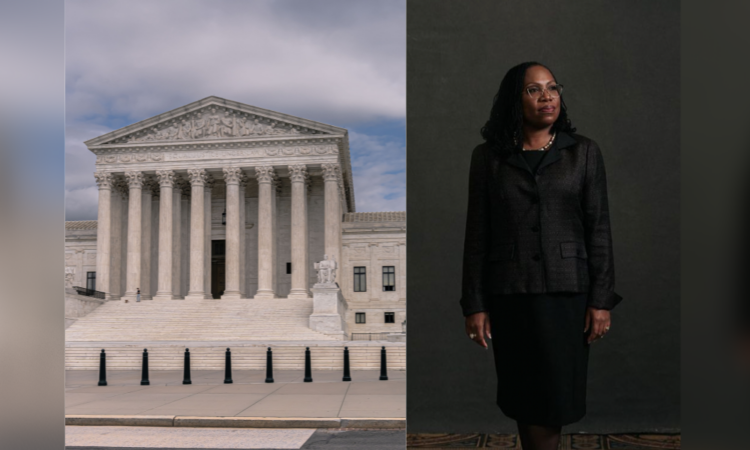On Monday, the Supreme Court vacated a federal appeals court ruling that upheld a minor’s right to seek court permission for an abortion without parental notification.
The Supreme Court’s decision was issued because it believed the previous decision was moot following the Dobbs ruling in June of last year. The Dobbs ruling overturned Roe v. Wade and ended the federal constitutional right to abortion.
The case before the justices concerned a 17-year-old in Missouri who asked a court for permission to terminate a pregnancy without notifying her parents, as required by state law. The lower court clerk told the girl that her parents would be notified despite her wishes. After traveling to Illinois for the procedure, she sued, arguing that the court trampled her constitutional rights.
According to The Hill, Justice Ketanji Brown Jackson expressed her concerns about using Munsingwear vacatur in a penned solo dissent.
“I am concerned that contemporary practice related to so-called ‘Munsingwear vacaturs’ has drifted away from the doctrine’s foundational moorings,” Jackson wrote.
Jackson emphasized that the availability of Munsingwear vacatur should be limited to truly exceptional cases and that “mere disagreement with the decision that one seeks to have vacated cannot suffice” to justify the unusual step.
“In my view, it is crucial that we hold the line and limit the availability of Munsingwear vacatur to truly exceptional cases,” she added.
Related Story: Meet the First Black Pilot to Fly Solo Around the World
On Monday, the Supreme Court vacated a federal appeals court ruling that upheld a minor’s right to seek court permission for an abortion without parental notification.
The Supreme Court’s decision was issued because it believed the previous decision was moot following the Dobbs ruling in June of last year. The Dobbs ruling overturned Roe v. Wade and ended the federal constitutional right to abortion.
The case before the justices concerned a 17-year-old in Missouri who asked a court for permission to terminate a pregnancy without notifying her parents, as required by state law. The lower court clerk told the girl that her parents would be notified despite her wishes. After traveling to Illinois for the procedure, she sued, arguing that the court trampled her constitutional rights.
The Supreme Court’s ruling directs the appeals court to vacate the judgment in the Missouri case and declare it moot. The ruling will have no practical effect in Missouri, which currently has one of the strictest abortion bans in the country, with no exemptions for rape or incest. The procedure is only permissible to save the pregnant person’s life or prevent severe damage to their health.
As the battle for reproductive rights continues, the Supreme Court’s decisions will play a critical role in determining the scope of those rights for years to come.















